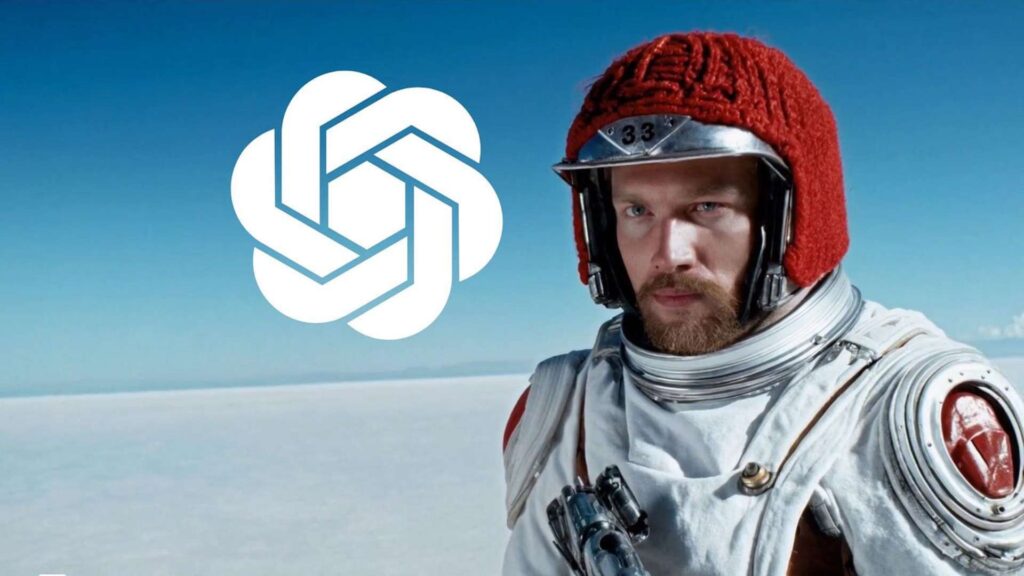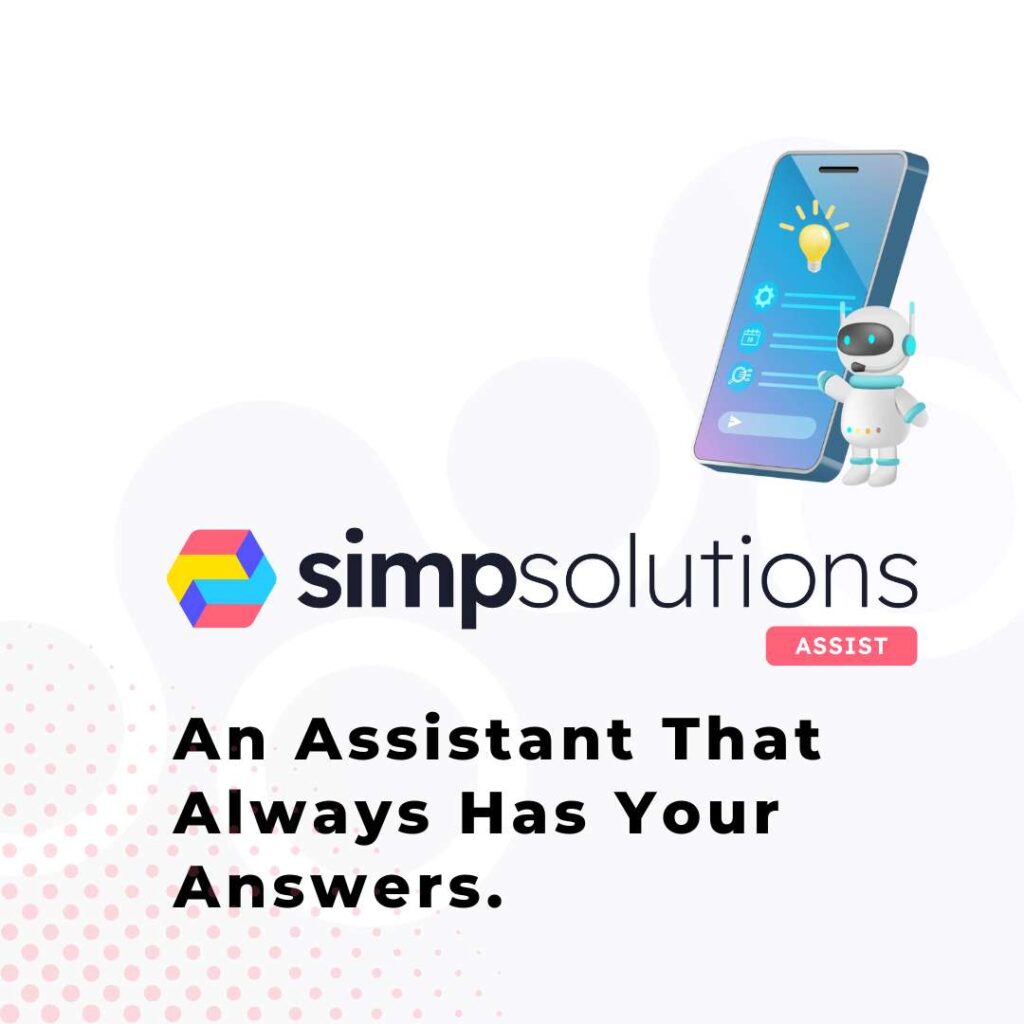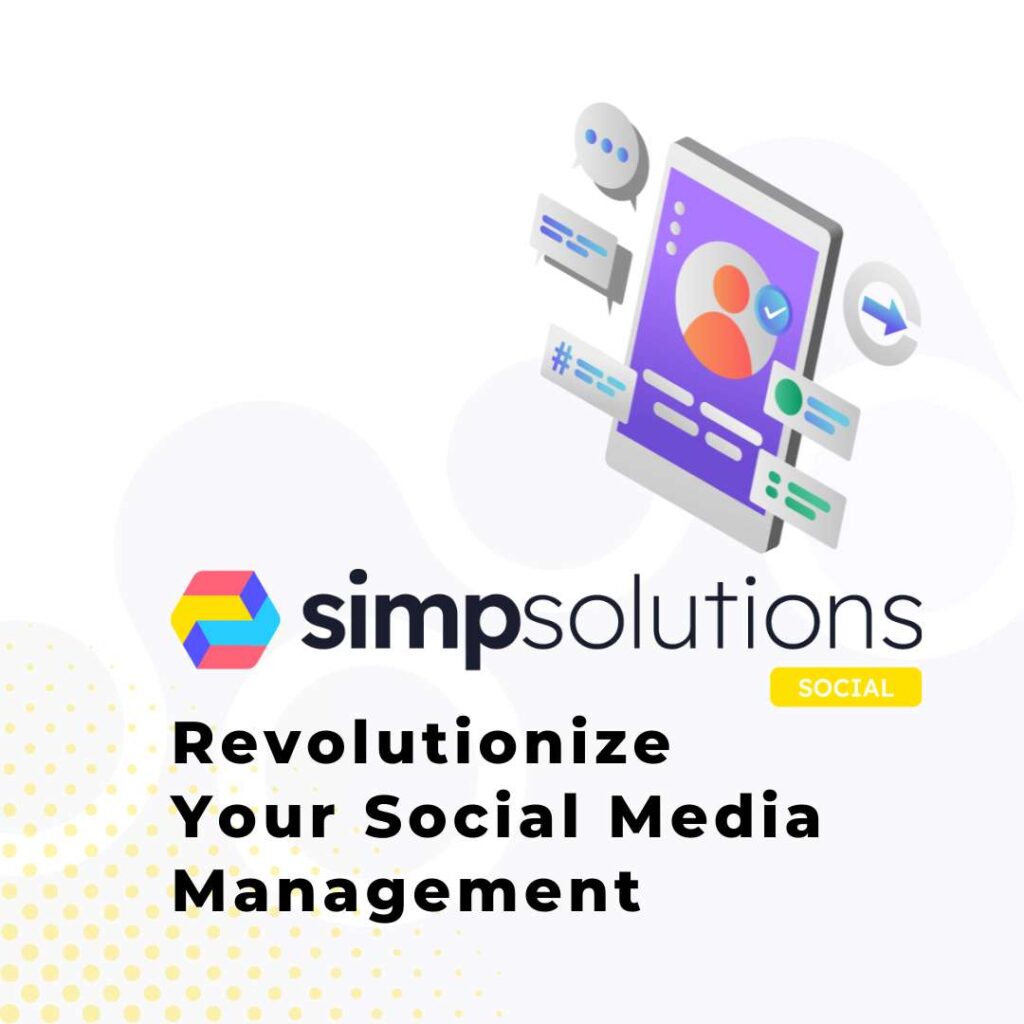The Future of AI Video Generation and Its Impact on Creativity
Imagine a world where making a high-quality, realistic video is as simple as typing a few sentences. Sounds like science fiction, right? Well, OpenAI’s Sora is bringing us closer to that reality faster than we ever imagined. AI video generation is evolving rapidly, and it’s not just about making cool clips for social media—it’s going to reshape industries, change storytelling, and possibly redefine entertainment altogether.
So, what does the future of Sora look like? Let’s dive into some of the most exciting ways this technology could be used in the coming years.
Revolutionizing AI Video Content Creation for Creators and Brands
One of the biggest beneficiaries of AI video generation will be content creators. Whether you’re an independent YouTuber, a marketing agency, or a global brand, Sora (or whatever comes next) will make it easier than ever to create engaging, high-quality videos without a massive production budget.
Imagine crafting an entire commercial without needing a film crew, actors, or expensive post-production. Brands could experiment with different storytelling styles, A/B test video ads in real-time, and even personalize content for specific audiences—all with just a few prompts. It’s like having a Hollywood-level production team in your pocket.
Next-Level Filmmaking and AI-Generated Storytelling
Think about how much work goes into making a film. Locations, set designs, actors, special effects—it’s an art form, but also a logistical nightmare. With AI video generation, indie filmmakers might be able to bring their ideas to life without multimillion-dollar budgets.
We could see AI-generated films where directors simply describe scenes and characters, then tweak the visuals until they’re perfect. This democratization of storytelling could lead to an explosion of creativity, allowing new voices to emerge that might never have had the resources to break into Hollywood before.
Personalized AI Video Experiences
Streaming services are already great at recommending what we watch, but what if they could personalize the content itself? Imagine watching a show on Netflix where certain scenes, characters, or endings adjust based on your preferences. Maybe you prefer a certain visual style, or you’d love to see a different version of a key moment—AI could make that possible.
This kind of hyper-personalized video content could be the next big thing in entertainment. Interactive storytelling, where the audience has control over aspects of the narrative, could become the norm instead of a niche concept.
AI-Generated Educational Videos and E-Learning
Education is another space where AI-generated videos could make a major impact. Imagine an AI tutor that creates custom video lessons based on how you learn best. Need a detailed, visual explanation of a historical event? Sora could generate a realistic reenactment in seconds.
Not only could this make learning more engaging, but it could also help break down language barriers. AI-powered translation and dubbing could make educational content universally accessible, leveling the playing field for students around the world.
The Future of Video Game Design with AI
Right now, creating realistic video game environments and characters is a massive undertaking. But what if developers could generate high-quality assets and cutscenes instantly? AI video generation could revolutionize the way games are made, cutting down on production time and costs while increasing creative possibilities.
We might even see fully AI-generated game worlds that react dynamically to player choices. Rather than scripted cutscenes, imagine an open-world game where your decisions generate completely unique cinematic moments in real time. The possibilities here are endless.
Virtual Influencers and AI Avatars in the Digital Age
The rise of virtual influencers like Lil Miquela has already shown that digital personalities can gain massive followings. With Sora, the next generation of influencers could be entirely AI-generated—ultra-realistic digital beings that interact with fans in real time, create their own videos, and even collaborate with human creators.
This could also change how we interact in virtual spaces. Instead of a basic 3D avatar, imagine having a fully animated, hyper-realistic AI version of yourself that can represent you in virtual meetings, social media, or even the metaverse.
Ethical and Privacy Considerations in AI Video Generation
Of course, with all this potential comes some serious ethical questions. How do we prevent misuse of AI-generated videos for misinformation, deepfakes, or scams? How do we ensure that artists and creators still get credit and compensation for their work in a world where AI can generate anything?
Regulations and ethical guidelines will need to evolve alongside the technology. Watermarking AI-generated content, creating detection tools, and developing fair compensation models for human creatives will all be crucial in making sure this technology is used responsibly.
Final Thoughts: The Future of AI Video is Coming Fast
The possibilities for Sora and AI video generation are almost limitless. From revolutionizing AI content creation and education to reshaping entertainment and gaming, this technology is poised to change the way we create and consume media forever.
But as with any major technological leap, we’ll need to balance innovation with responsibility. As exciting as it is to imagine a world where anyone can create stunning videos with a few keystrokes, we also need to ensure this power is used ethically and fairly.
One thing’s for sure: the future of video is AI-driven, and we’re only just getting started. Get ready—because the next big thing in AI video storytelling is right around the corner.
FAQ Section
What is AI video generation?
AI video generation is the use of artificial intelligence to create videos from text prompts, images, or existing footage. Tools like OpenAI’s Sora can generate realistic, high-quality videos without traditional filming techniques.
How can AI-generated videos be used?
AI-generated videos have applications in marketing, education, entertainment, video game development, and social media. Businesses can use them for ads, while educators can create customized learning content.
Is AI video generation replacing human filmmakers?
Not necessarily. While AI can assist in creating videos, human creativity, storytelling, and artistic direction remain irreplaceable. AI serves as a powerful tool rather than a replacement.
Are AI-generated videos legal?
AI-generated videos are legal, but ethical concerns exist regarding copyright, deepfakes, and misinformation. Regulations are evolving to ensure responsible use.
What is the future of AI video technology?
The future of AI video includes hyper-personalized content, advanced gaming applications, real-time generated films, and increased automation in content creation. AI will continue to reshape industries.





